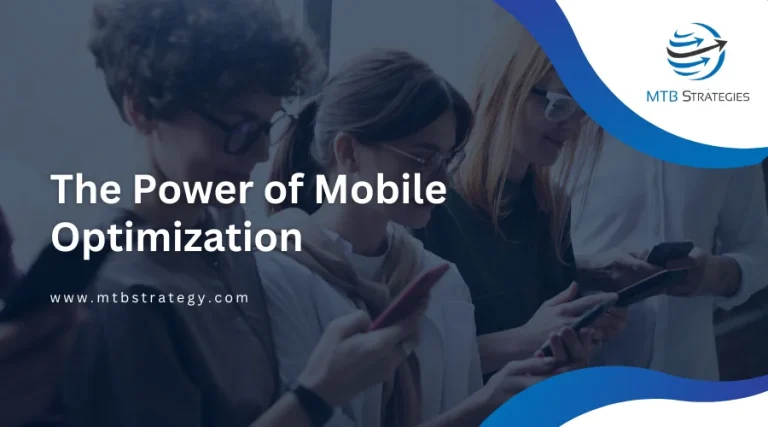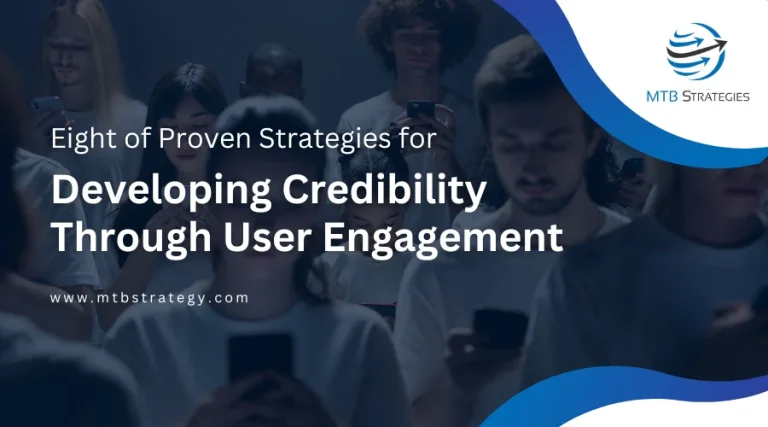As you go through this list, it’s crucial to keep in mind that these items are still in the very early stages of development. Some will grow and improve quickly, some will shut down, and some will completely change from what they’re doing right now.
I’d advise testing them out to see how they work with your own process for the specific function you’re currently using ChatGPT for or would like to use ChatGPT for but haven’t had success with.
In general, I’m contrasting ChatGPT “out of the box” with the web interface as it is set up in this article. Recent plugins for ChatGPT from OpenAI, including one for the browser, may begin to close the gap between ChatGPT and some of these substitutes.
By using those and the ChatGPT API, you might be able to change the disparity in capabilities if you know how to code.
Claude
A chat platform that uses AI, Claude bills itself as a “AI assistant” and is comparable to ChatGPT. It is based on an alternative concept known as Constitutional AI. Former OpenAI engineers created Claude, which is produced by Anthropic, a business with over a billion dollars in investment.
Google is listed as one of the investors. I’d generally suggest that everything Google and Microsoft develop is worth watching and checking out if you’re interested in AI and ChatGPT alternatives. You should give Claude a try because it is designed specifically to deal with these problems.
Bard AI by Google
A conversational AI called Bard AI is based on a different large language model (LLM) than ChatGPT. Google’s response to ChatGPT and Bing AI chat is Bard. Again, anything Microsoft and Google accomplish in this area will probably be noteworthy.
In contrast to GPT, Bard is built on a distinct large language model. Given that GPT powers many modern AI tools and that models built on top of existing models may have better LLM and produce better or different capabilities, it is important to take note of these tools. Bard differs from ChatGPT in that it also has access to real-time information and the internet.
If ChatGPT’s inability to access real-time data restricts you, Bard is a service to look at. If you need current data or statistics to create content, if you want analysis of active web sites, etc.
Google AI Chat
Built on GPT, Bing AI Chat is a conversational chat application that has live internet connectivity from Microsoft, a significant shareholder in OpenAI, the owner of ChatGPT. Bing AI Chat is important to watch because of Microsoft’s partnership with OpenAI, the GPT framework, and the live web access provided by Bing’s search features.
Bing Chat is a worthwhile alternative to both ChatGPT and Google Bard if you’re looking for real-time data and in particular want citations with that data so you can see sources and the websites that the data comes from (to do things like build listicle, add citations to content, or vet AI-generated information).
ChatSonic
Writesonic created ChatSonic, a conversational AI built on top of GPT. This would be worth testing out (you may trial the product for free) if you’re willing to pay for conversational AI and want a solution with superior “memory” and access to the web.
Jasper Chat
Jasper is a GPT-based AI platform with a conversational chat-based AI tool that focuses on writing. In contrast to the typical chat programs, Jasper focuses more on writing tools. They offer templates for things like headlines, blog articles, landing page text, ads, and more in addition to their chat product. Jasper is a product worth looking at if you’re interested in AI content production and are willing to pay for a product (albeit a trial does require a credit card).
You.com
You.com is a search engine with AI that also has a chat element that uses AI and connections to the internet to provide broad answers. You.com takes a different approach than conventional chat solutions and could be able to provide more detailed responses to certain queries. Anyone interested in receiving AI results merged with the web and discovering answers to inquiries other than Google would find this to be a research product.
ColossalChat
Colossal AI, an open-source system like GPT, is the foundation upon which ColossalChat is constructed. This conversation is intriguing because to its totally open-source nature (as opposed to ChatGPT, which is owned by OpenAI and received investment from Microsoft) and the fact that it was built on top of a different platform. Check it out if you’re interested in an accessible open-source conversational AI solution.
OpenAI Practice Field
OpenAI Playground uses the OpenAI API to provide features comparable to those of ChatGPT, including a few chat products built on Davinci 003 with variable speeds and API fees. Testing particular features or activities on various playground tools can be done with the help of OpenAI Playground. If you’re considering using various OpenAI APIs and wish to compare results produced by various tools, this product can be of interest to you. OpenAI provides $18 in free API access, which you can use to respond to various queries.
Perplexity AI
Perplexity AI is an AI-powered search engine similar to You.com that combines conversational AI with citations to other sources. A program called Perplexity AI incorporates conversational AI capability and adds external connections and relevant questions to make the outputs simple to distribute.
This is a free tool worth looking at if you’re looking for a way to combine AI and real-time data (for jobs like studying particular themes, creating lists of current news events, or researching topics that change quickly).
AI Caktus
The AI product Caktus AI is geared toward students. As an excellent source of referenced content, citation lists, and concepts for free tools and widgets in informational content, this will be interesting for SEOs and anyone developing content for the web. Check out this (and related goods) if you’re interested in employing AI tools for SEO or web content creation. To utilize the product, you do need to create an account.
GitHub Copilot X
A GPT-4-based AI coding helper called GitHub Copilot X was created specifically to aid with writing and debugging code. These task-specific tools can assist you with coding chores, including technical SEO or WordPress problems if you’re experiencing trouble with a free tool. Anyone who codes frequently ought to look into GitHub Copilot X.
Amazon CodeWhisperer
An AI-powered coding assistant, Amazon CodeWhisperer is a machine learning-powered coding buddy. Point solutions that assist with particular functions can add more capability (such simple integration) on top of what ChatGPT can provide for those particular purposes. That’s noteworthy given that Amazon designed the tool and the popularity of AWS. For developers interested in AI pair programming or coding companion tools, this is worth looking at.
Quora Poe
A service called Quora Poe gives users access to a variety of AI-powered chatbots through a single interface. This is an intriguing wrapper that enables instant comparison, contrast, and replies from numerous AI-powered tools from a single straightforward interface.
This can be an excellent approach to rapidly examine how the same activity is carried out across many AI platforms if you’re seeking for new ideas for layouts and data for a certain assignment.
Koala
Koala is a program created especially for the purpose of producing content for GPT-based websites. Koala incorporates precise prompts to produce complete posts, integrate links, and include real-time data in blog posts that can withstand AI detection. Anyone who is interested in employing AI techniques to generate first drafts, outlines, and content should read this.
Rytr
Like Jasper and Koala, Rytr is an AI tool made exclusively for writing. Point solutions that build on ChatGPT’s capabilities for particular tasks, such content generation, may start to create extra feature related to these tasks over time, which you might find useful. If you’re interested in AI writing tools, Rytr is worth looking into because it has its own set of preset prompts and formatting and is simple to try out right away.
Copy.ai
Copy.ai is a tool for artificial intelligence (AI) content generation. The writing service Copy.ai specializes in web and marketing material, such as blog entries, social media postings, and ad copy. In addition to having a chat/conversational AI product and its own set of prompts and formatting options for content creators, Copy.ai is a highly well-funded business. If you’re interested in using AI authoring tools, you should look at this.
Peppertype
Peppertype is a niche product that specializes on AI-based article creation. Peppertype is a content-focused point solution that also includes tracking, SEO, and an AI-powered writing suite. This is for folks who are interested in content development using AI assistance.
Frase
Frase is an AI tool for producing content with an SEO focus. Compared to many AI writing platforms, Frase offers a higher level of SEO tool integration, making it better able to plan and optimize AI text than ChatGPT.
If you want a single interface to reference search results for a given phrase, obtain a content score for a post once it is written, and have material generated by AI, Frase is worth looking into.
Tabnine
Similar to Amazon CodeWhisperer and GitHub Copilot X, Tabnine is an AI-powered coding aid. In contrast to ChatGPT, which wasn’t created with that aim in mind, Tabnine is an example of a point solution created utilizing AI for a specific purpose that may be able to assist you as a code companion more effectively. Searching for an AI-powered coding assistant are developers and technical SEOs.
DeepL Write
An AI-powered writing assistant called DeepL Write can improve the clarity of your work. This tool is more akin to the coding companions for writing in that it aids in writing more succinctly and clearly rather than using generative AI to create content from start. This is something to look into if you want an AI writing tool that is more focused on editing and support than content creation and you want to write more clearly or precisely.
Elicit
Elicit is a research assistant driven by AI. The fact that occasionally only a brief response is given and that the source of the response is frequently obscured is one of the drawbacks of technologies like ChatGPT or Bard.
If you’re an online content or visualization creator, you should be aware of AI-powered research tools. They might be a fantastic supply of reliable data and sources that you can easily reach using AI. Anyone who creates material, especially longer, higher-quality content, should look into Elicit and related AI solutions.
Conclusion
Elicit and DeepL Write are two excellent examples of tools that can be considered as ChatGPT “alternatives.” Avoid focusing only on conversational AI products from major tech firms. Instead, think about if very precise point solutions can perform better than ChatGPT for the task at hand and assist you in producing better work more quickly.






